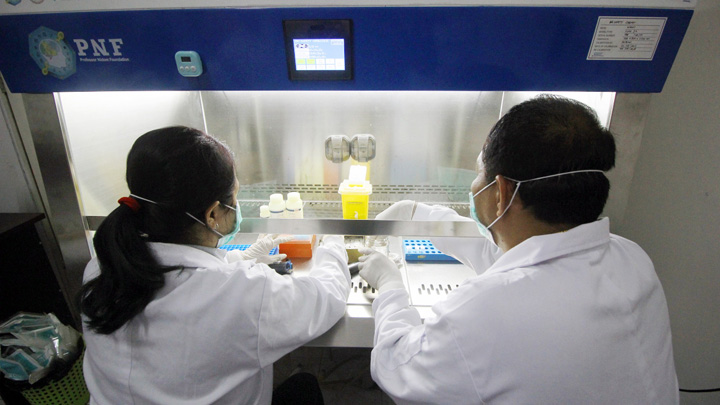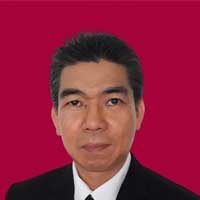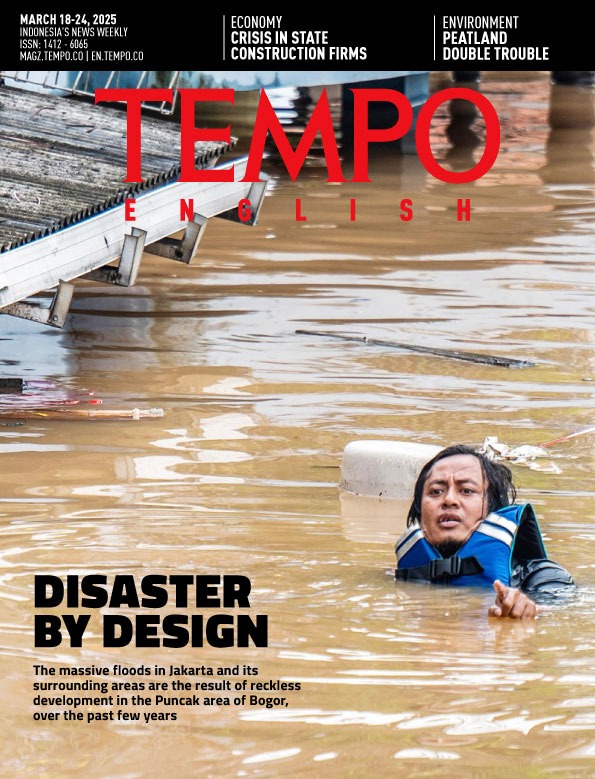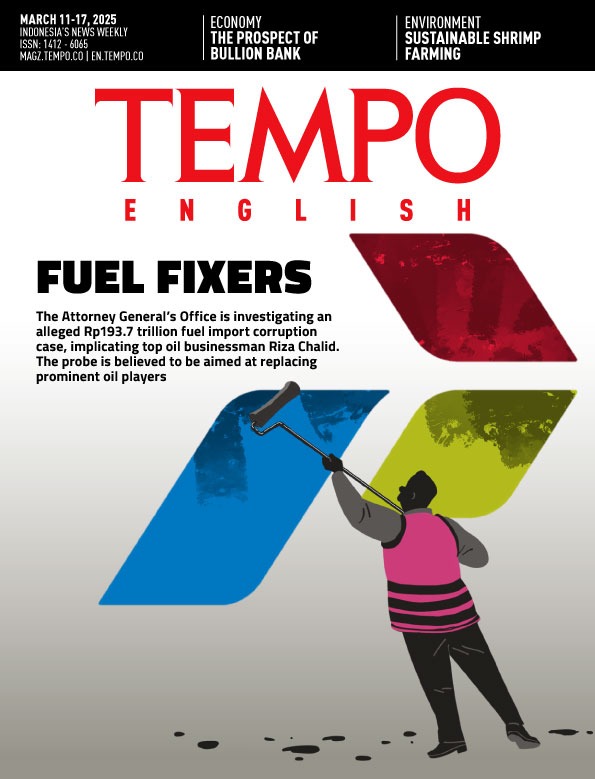Two Roads to Corona Vaccine
Monday, July 6, 2020
arsip tempo : 174356545553.

KUSNANDI Rusmil, 70, is busy with a new activity. The professor of pediatrics at Padjadjaran University’s Faculty of Medicine and pediatricians at Bandung Hasan Sadikin Hospital in West Java heads a team of clinical trials for the CoronaVac vaccine by Sinovac Biotech Ltd from China, which collaborates with Bio Farma. Kusnandi has been involved in 30 clinical vaccine trials, but for the 2019 Coronavirus Disease (Covid-19) vaccine, the tests
...
Subscribe to continue reading.
We craft news with stories.
 For the benefits of subscribing to Digital Tempo, See More
For the benefits of subscribing to Digital Tempo, See More








